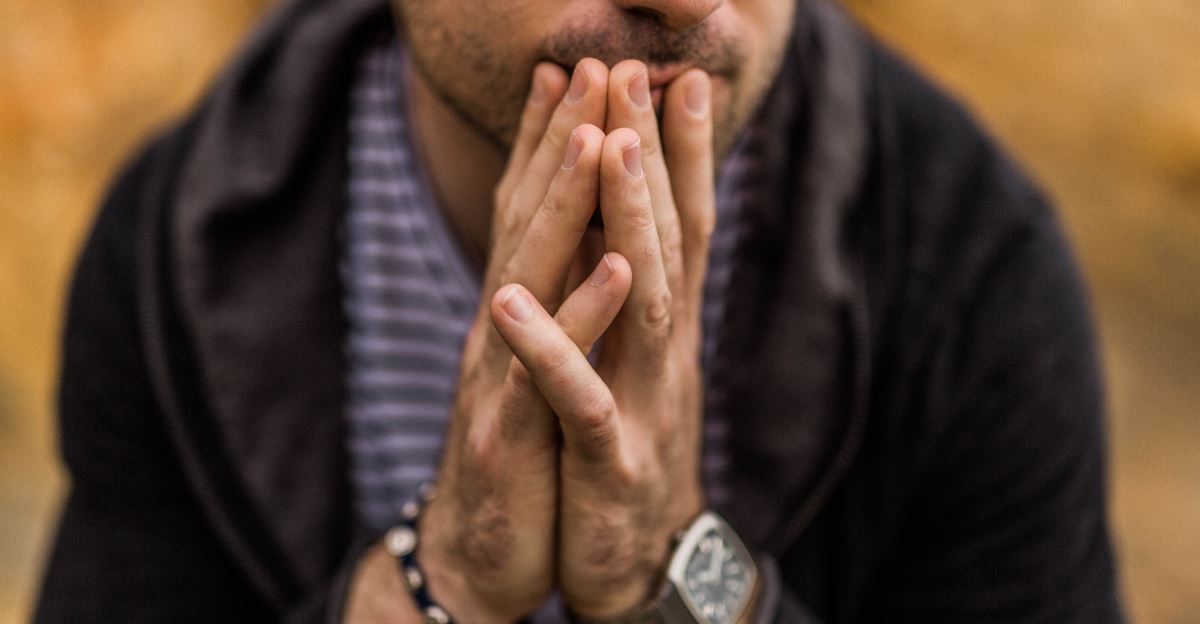When You Can’t Unfriend…
By: Brian Harris
I don’t know what your relationship with Facebook is like, but on the whole, mine is pretty good.
It’s introduced me to over 2000 friends, the majority of whom I didn’t know before, and they often like or share my posts, introduce me to new concepts or generally enrich my life. On rare occasions a few have proved troublesome – some trying to offer me services I definitely don’t want, others being rude about things I had said in ways that showed they were playing to another audience and yet others linking me to long tag lists which implied that I supported something I know nothing about. I imagine it has happened to you as well. The solution when someone gets troublesome is to unfriend them. Do so, and it’s problem solved. You can almost feel the adrenalin burst as you hit the unfriend button – there you go, you annoying, inconsiderate, irritant, I’ve done away with you. You are unfriended!
Oh if real life were as easy? At the workplace, if you could simply hit a button and that self righteous colleague would disappear. And how about know it all clients – those who think your life will be infinitely better now they have instructed you on how to do your job – press the button and all their muddled incomprehension disappears. Or how about the local church? Got a worship leader who selects un-singable songs? Or a preacher who violates all time restraints? Or someone who traps you with a blow by blow account of their ingrowing toe nail just as you are about to go to the loo, and who continues on with the story oblivious to your increasing desperation. Wouldn’t it be nice if there was an easy little button to press and hey presto, they are unfriended and have disappeared. Is there a polite way we can say to someone, “I have mentally unfriended you. Now go away!”
Appealing though the prospect may sound, at a much deeper level I am profoundly grateful that this option doesn’t exist, and that we have to work things through with people, or become a little more tolerant – perhaps developing a charitable sense of humour along the way, and learning to take ourselves a little less seriously. Actually it is OK is everyone doesn’t think everything I say is amazing or worthy of a love or a like.
I don’t know about you, but I’m usually a first impressions person, and make snap judgments as to who are “my kind of people” and who are not. I’ve also now been around for long enough to realise how often I have been wrong – and sometimes not a little wrong, but devastatingly out. Some of the nicest people I know are people whom I initially overlooked.
The first church I pastored was a little Baptist church in South Africa that could muster all of 11 people to vote if they would call me to be their pastor. 9 voted yes, 2 no. If just one of those 9 had voted no I wouldn’t have got the required 75% approval and all human history would have been radically different (well, my history would have been). Rosemary and I accepted the call and what have been some of the happiest years in our life flew by all too quickly. It was a great church and a wonderful season. But I did always wonder who the two people were who voted no. I developed my private theory and tried not to be too uncharitable towards the traitorous two – reminding myself that Jesus said we are to love our enemies.
One of the things I especially loved was being part of the running group from the church. Twice a week we would jog anything from 5-10km through the glorious Jonkershoek mountains. On one of the runs I was chatting to a man who would have been a serious contender for the “my favourite church member” award, if pastors were allowed to have favourites. When I was at my most breathless and least able to react he suddenly said to me, “Brian, don’t know if you remember, but there were two people who voted against you coming to be our pastor?” “Sure do,” I wheezed, sensing he was about to confirm my suspicion as to the identity of the two villains. He quickly continued: “It was Elzabe” (his wife) “and me”. Oxygen deprived though I was, I managed to squawk out a “What – why? You are nice people. Why would you do that?” He laughed and replied, “Well actually it’s because we thought you and Rosemary seemed to be really good folk, and we were aware of how many problems the church had, and we thought you deserved better than to come to us. We felt we were doing you a kindness by voting no.”
I’ve often thought about that conversation. In many ways he was right. The church did have a fair few problems (next to no money and a very large mortgage being one of them) – but they felt like they were our problems and we could work on them together and we managed to solve a fair few of them (the mortgage got itself paid in no time, and we quickly went on to another building project). Problems are part of life, aren’t they – so why run away from them? Or to return to the topic, why unfriend problems?
That little congregation also had some enormous strengths. At the height of the apartheid era, it was one of only a few churches in South Africa that drew a racially mixed congregation – common enough today, but genuinely remarkable at that time. Not everyone liked that part of the church, and I remember a wealthy recent attender coming to see me and saying: “I like the church and would like to stay and support the work. God has blessed me with lots of money and I am willing to be generous. But this multi racial nonsense. That must stop. It’s a bad witness. This must be a church for white people only or I’m not staying.” In one of my more courageous moments I managed to look him straight back in the eyes and say: “Well that’s your choice, but we sure aren’t changing.” Remarkably, he stayed. One of our practices was to be pretend Anglicans for a few minutes during our Baptist service, and we would pass the peace to each other, holding hands, looking into the eyes of the other, and saying: “The peace of Christ be with you” and hearing the blessing returned: “And also with you.” Of course I noticed how uncomfortable it made that man feel, especially when he wasn’t quick enough to ensure it was only white hands he held. But I also noticed that as the months went by, that discomfort became less and less. In the end he stopped noticing the colour of the person he was sitting next to, for he had started to focus on their shared humanity. It’s best not to unfriend people too quickly – even when the start is really unpromising.
It seems strange to remember the destructive obsession people had about race back then. It caused so much deep damage… all this trying to decide who was in and who was out. It’s terrible to do that to another human being. And unbelievable though it may sound, people did find Bible verses to prop up their prejudices. Sure, no one would now accept the hermeneutical approach adopted to reach that position – but it sounded common sense enough at the time, and there were more than enough people interpreting the Bible that way. In fact, if you remember the historical details, it was in Ottawa 1982 that the World Alliance of Reformed Churches called apartheid a heresy, causing shock waves to reverberate throughout white congregations in South Africa. Few of them had realised the obvious before.
So who is out and who is in? One thing I have learnt over the years is that God’s love is greater – far greater, than any of us dare hope. So whatever your instinct, don’t unfriend. Journey together – and let God’s love surprise you.
Article supplied with thanks to Brian Harris.
About the Author: Brian is a sought-after speaker, teacher, leader, writer and respected theologian who has authored 6 books. After 17 years as principal of Perth’s Vose Seminary, Brian is now founding director of the AVENIR Leadership Institute, fostering leaders who will make a positive impact on the world.










